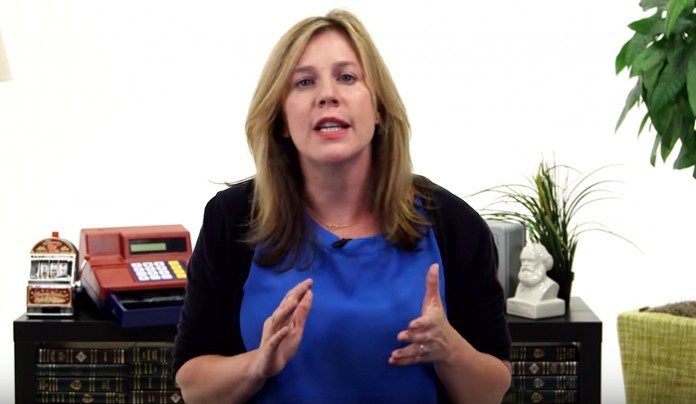A monetary policy is a process undertaken by the currency board, Central Bank or the government to control the availability and supply of money, as well as the amount of bank reserves and interest rates on loans. Also, it aims to maintain balance in exchange rates, address unemployment and stabilize the country’s economy. While such a policy has its benefits, it also has its setbacks, so it is important for us to understand what it is, as well as its implications in daily living.
List of Pros of Monetary Policy
1. It promotes lowered interest rates, which also means lowered mortgage payment rates.
One big advantage of implementing a monetary policy is that it can lower interest rates, affecting the payments homeowners would need to meet for their homes’ mortgage. With reduced mortgage fees, homeowners will be able to settle their monthly payments regularly and will have more money to spend on other important things, which is a win-win situation for all the parties involved.
2. It makes it possible for more investments come in, with consumers spending more.
Lower interest rates on loans and mortgages will encourage more business owners to expand their ventures, as they will have more available funds to borrow. In addition, commodity prices will also go down, which means that consumers will have more reason to buy more goods. In the end, businesses will gain more profit, while consumers will be able to afford what they need to support their lifestyle.
3. It allows the use of quantitative easing by the Central Bank.
With this policy, the Federal Reserve will be able to print or create more money, enabling it to purchase government bonds from banks. As a result, cash reserves in banks will be increased, as well as the monetary base. Plus, this can lead to more money for the banks to lend their borrowers.
List of Cons of Monetary Policy
1. It is not proven to be useful during a global recession.
Opponents argue that even when banks would lower interest rates and consumers would spend more money, the export industry may suffer especially during a global crisis. They say that export losses would be more than what businesses would earn from sales.
2. It can discourage businesses from expanding.
If the Federal Reserve imposes a contractionary monetary policy, interest rates would increase, causing businesses to lose interest in expanding their operations, which can lead to less production and higher prices. Consumers would then not be able afford products and services. This can also make it long for these businesses to recover, eventually forcing them to close up shop and increasing unemployment rates.
3. It does not guarantee economy recovery.
Some economists criticizing the Federal Reserve on using a monetary policy state that not all consumers will have the confidence to spend and take advantage of the low interest rates during recession.
Policy makers and economists are not on the same page with regards to monetary policy’s effects on the economy and the citizens. Although setting such a system can work in economic stabilization, it also has its limitations. This is why it is important to know its pros and cons to build a good opinion ourselves.
Crystal Lombardo is a contributing editor for Vision Launch. Crystal is a seasoned writer and researcher with over 10 years of experience. She has been an editor of three popular blogs that each have had over 500,000 monthly readers.


















